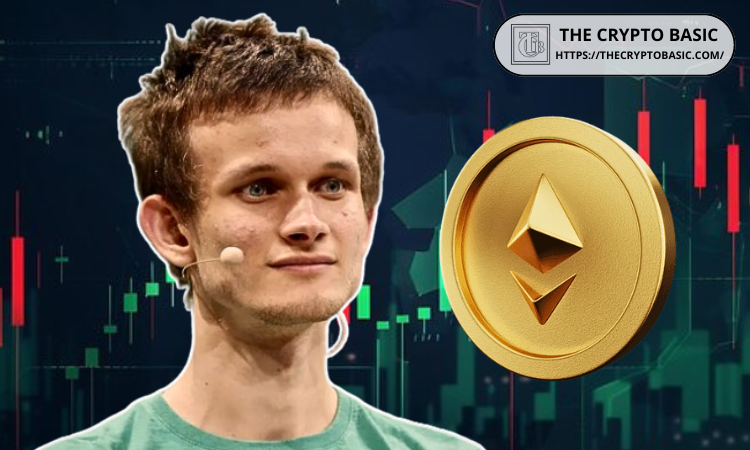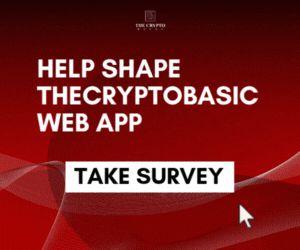Vitalik Buterin, the co-founder of Ethereum, has again sparked discussions within the crypto community regarding his ongoing wallet activity.
Recall that a wallet linked to Buterin, which received 3,800 ETH worth $9.8 million in August, sold 950 ETH over the past few weeks. Notably, the proceeds from these sales have been deposited into Aave, raising further questions about Buterin’s financial activities.
Buterin’s Wallet Activity in Focus
For context, the wallet tied to Buterin received two significant Ethereum transfers in August: 3,000 ETH on August 9 and an additional 800 ETH on August 30, totaling 3,800 ETH.
Following these deposits, the wallet started selling ETH, with 760 ETH sold shortly after the second transfer for $1.835 million in USDC at an average price of $2,414 per ETH. The sales continued, and by mid-September, the wallet had offloaded 950 ETH, amounting to approximately $2.28 million in USDC.
Notably, Lookonchain’s most recent data has revealed that the wallet deposited the proceeds—approximately $2.27 million in USDC—into Aave, a decentralized finance platform. Alongside this, 2,851 ETH, valued at $6.73 million, was also deposited into Aave.
Buterin’s Response to Sale Concerns
As news of Buterin’s ETH sales circulated, speculation arose regarding his motives. Some suggested he was selling ETH for personal profit, but Buterin addressed these claims, explaining the purpose behind the sales.
According to his statements, the funds are meant to support ecosystem development and charitable causes rather than for personal gain.
Buterin further clarified that the recent sale on September 11, which was executed by a bio-defense group he funds, had been triggered by a pre-set cowswap TWAP order established on August 29.
That sale from yesterday (by a bio-defense group I fund) was triggered by an automatic cowswap twap order that was set up way back on Aug 29. That was the last one.
— vitalik.eth (@VitalikButerin) September 12, 2024
Future Plans for Layer 2 Mentions
In a related development, which came before the clarification, Buterin revealed that starting in 2025, he will only publicly mention Layer 2 (L2) solutions that have achieved a certain level of maturity, specifically those that have reached “stage 1” in development.
This change in approach signals Buterin’s intention to provide clearer guidance on L2 projects. Several ZK rollup teams are expected to meet this criterion by the end of 2024, indicating progress in the space.
DisClamier: This content is informational and should not be considered financial advice. The views expressed in this article may include the author's personal opinions and do not reflect The Crypto Basic opinion. Readers are encouraged to do thorough research before making any investment decisions. The Crypto Basic is not responsible for any financial losses.



